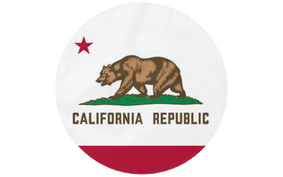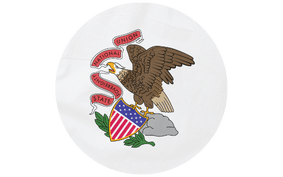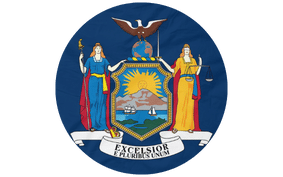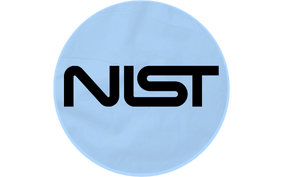Follow Us
California AB 2930 (Formerly California AB 331)

AB 2930 (formerly AB 331) mandates transparency and fairness in AI-driven decision-making.
Canada’s Artificial Intelligence and Data Act

Canada’s Artificial Intelligence and Data Act regulates AI development and use for safety, transparency, and accountability.
Colorado Artificial Intelligence Act (SB 205)

The Colorado AI Act (SB 205) sets new standards for high-risk AI systems, promoting transparency, effective risk management, and accountability.
Colorado SB21-169 on Insurance

Colorado SB21-169 aims to prevent discrimination in insurance by limiting the use of external consumer data and algorithms in underwriting.
Connecticut SB1103

Connecticut’s SB1103 regulates state agency AI use, creating an AI Office and requiring agencies to inventory and monitor their AI.
DC “Stop Discrimination by Algorithms” Act

DC’s “Stop Discrimination by Algorithms” Act prohibits biased algorithms and mandates annual bias audits.
EU AI Act

The world’s first legal framework regulating AI, aiming to ensure trustworthy AI in Europe, using a risk-based approach.
Illinois Artificial Intelligence Video Interview Act (AIVIA)

Those using AI for video interviews must obtain consent, limit video sharing, allow deletion requests, and report race/ethnicity data annually.
ISO 42001

ISO 42001 is a voluntary, certifiable standard for responsibly managing AI systems, focusing on implementation, accountability, and continuous improvement.
Law for the Ethical Regulation of Artificial Intelligence for the Mexican United States

This regulation requires AI systems to be classified by risk level, along with monitoring, transparency, and ethical use rules.
MA Bill 1873 (“An Act preventing a dystopian work environment”)

MA Bill 1873 establishes comprehensive worker protections, focusing on AEDTs, productivity tracking, electronic monitoring, and worker data collection.
Maryland HB1202 on Facial Recognition in Interviewing

Employers may not use facial recognition techniques in interviews without consent from the candidate.
New York State A00567

The bill would require employers and employment agencies in the state of New York to conduct annual bias audits. While...
NIST AI Risk Management Framework

The AI RMF is a voluntary tool aimed at enhancing the incorporation of trustworthiness into AI products, services, and systems.
NYC Local Law 144

NYC LL 144 requires employers to audit AEDTs for bias annually, notify candidates about AEDT use, and offer alternatives.
Utah AI Policy Act SB0149

The legislation is made part of Utah consumer protection laws and introduces disclosure obligations for entities using AI systems.
Follow Us



